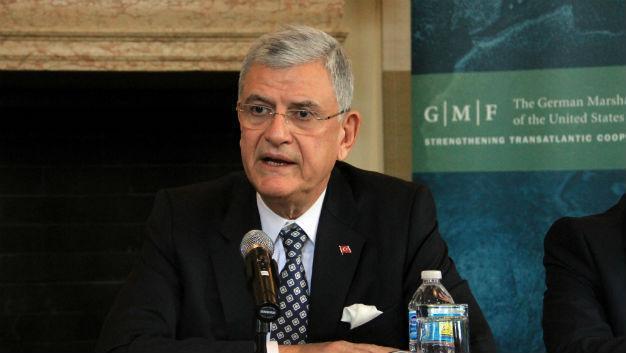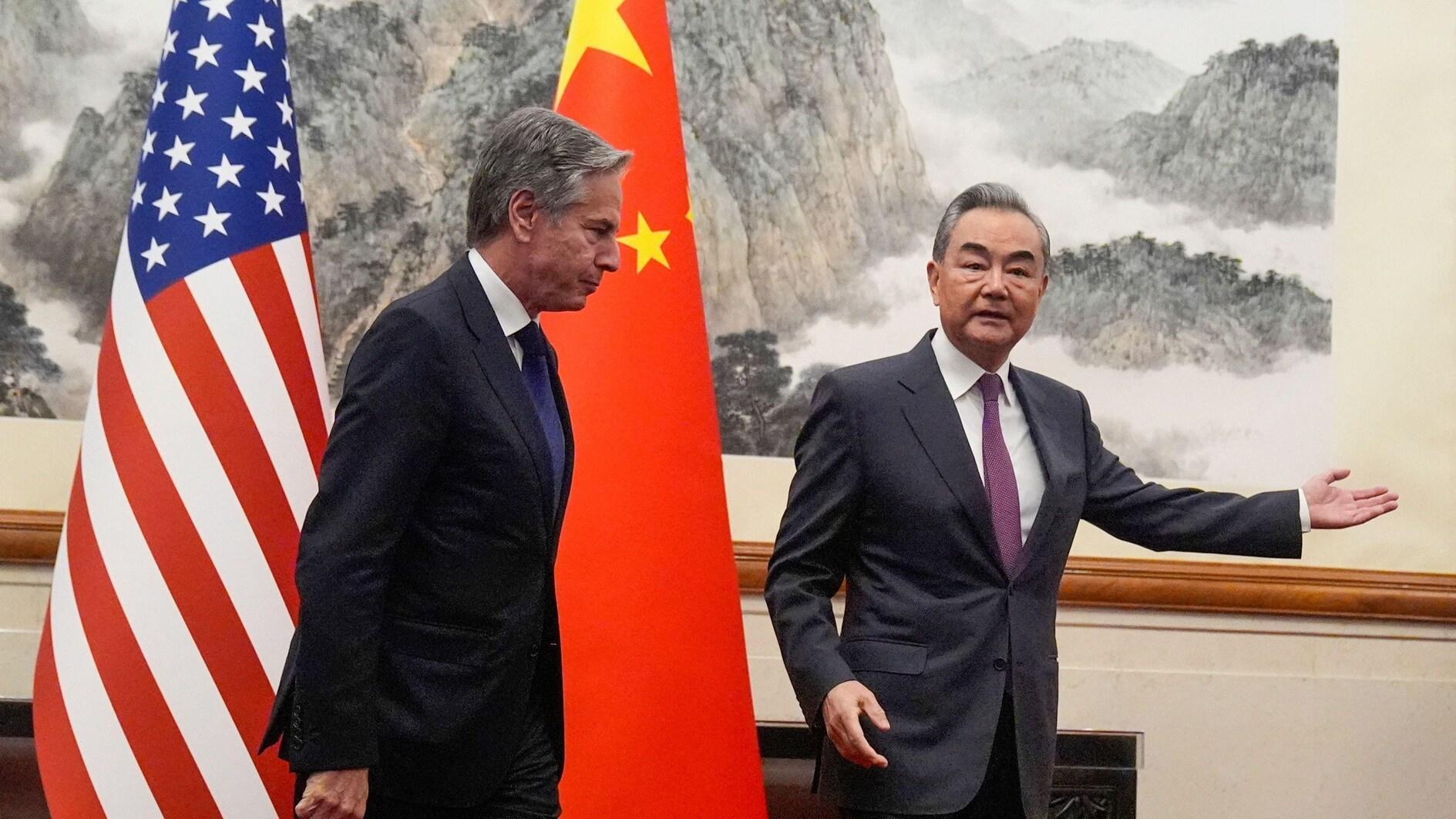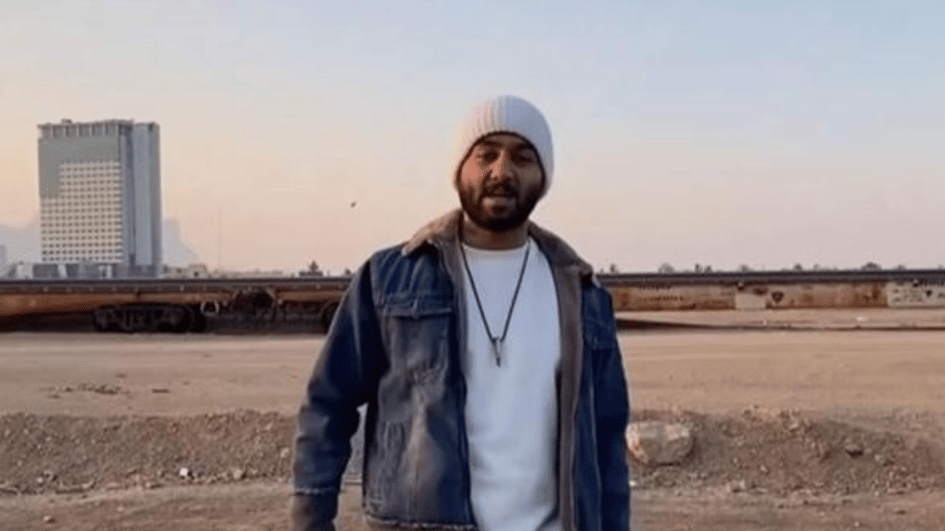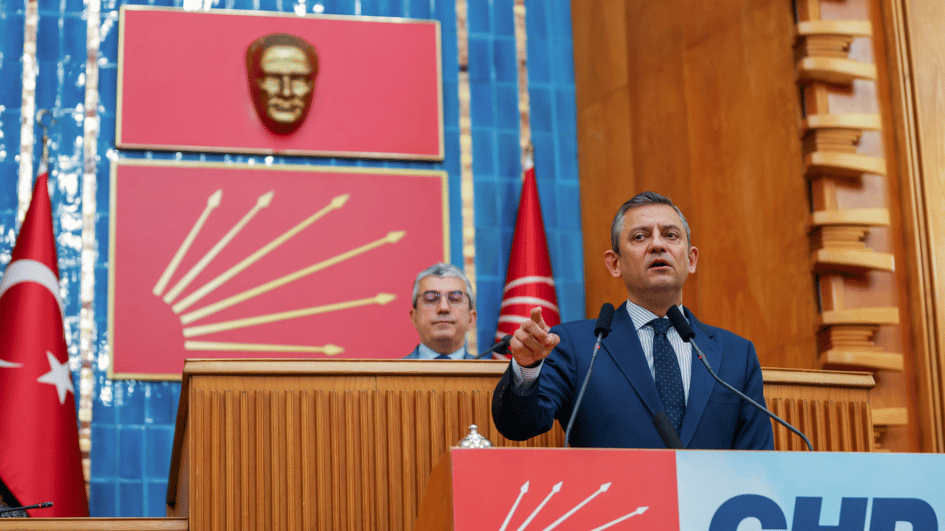Syrians, Iraqis not part of Turkey-EU readmission deal, says Turkish EU minister
WASHINGTON - Anadolu Agency

AA photo
A readmission agreement signed between Turkey and the European Union set to take effect in June does not include Syrian and Iraqi illegal migrants, Turkish EU Minister Volkan Bozkır stated on March 3.When the deal is implemented, the EU will be able to return illegal migrants - who traveled through Turkey - back to Turkey in order to be processed before they are sent back to their country of origin. Citizens of Iraq and Syria, which make up the majority of illegal migration, are not part of the deal.
Speaking in a panel at the German Marshall Fund think tank, Bozkır said the readmission agreement and the removal of visa requirements for Turkish citizens visiting the EU were signed at the same time.
The visa removal is expected to go into effect at the end of the year.
“The EU should remove the visa in October or November. If the readmission agreement goes into effect and the visa removal doesn’t happen in that period of time, we have the right to annul the agreement, according to the readmission deal. This is a relation that goes hand in hand,” Bozkır said.
He added that it was not correct to assume that 1 million illegal migrants would be returned to Turkey the day the agreement went into effect because the process was not so easy.
“For each person, a file will be sent, including their name and identity, and documents proving that person crossed to Europe through Turkey. Then a commission in Turkey will examine these cases and if this commission permits it, then these illegal migrants will be able to be sent to Turkey,” Bozkır said.
The readmission agreement was signed in 2013. A new agreement signed in November last year that shortened the transition time for the deal to take effect, allows Turkish citizens to enter the Schengen area without a visa.
The Schengen area is a 26-nation region in Europe where passports are not needed.
Bozkır said Turkey added a “geographical reserve” clause to the 1951 U.N. Refugee Convention, by which Turkey placed a geographical limitation on country and origin. The condition can be removed only if Turkey becomes a member of the European Union.
“Syrians and Iraqis [two geographical reserve countries] are not within the scope of the readmission agreement. Illegal migrants from other origin countries than Syria and Iraq will be able to be returned,” Bozkır stated.
Regarding a readmission agreement with Greece signed in 2001, long before refugees began flowing into Europe, Bozkır said the same rules of the U.N. Convention were valid for the readmission with Greece.
His statements came after 300 illegal migrants were recently returned from Greece to Turkey as part of the agreement.
They do not include Syrians and Iraqis who were accepted by Turkey in order to be sent to their original countries, according to Bozkır.
“If Turkey has readmission agreements with the origin countries of these 300 people, they will be sent to their countries. Some of them have no passports and it’s unknown to which country they belong. Those who have no passports will be hosted in readmission centers and will be sent if their countries of origin are designated,” he said.
Turkey has spent approximately $10 billion to care for its Syrian “guests,” according to Bozkır, who said the 3 billion euros that Brussels gave to Ankara in exchange for help in dealing with European migration is not a solution to the problem.
“This 3 billion euros is not being given to Turkey. The European Union is kind of trying to unburden itself by giving this 3 billion euro to Turkey to be spent on our Syrian guests. This aid will be used mostly to build schools and hospitals, and improving the conditions in the refugee camps in Turkey,” he added.
Turkey on several occasions warned European countries of an illegal migrant wave due to the Syria crisis before the rush but the EU failed to take measures, he also said.
“If this fighting continues, if Aleppo falls, 1.5 million people risk becoming refugees or migrants. If worse things happen, 3.5 million people might be moving to the south or north. This cannot be absorbed and no country has the power to do this,” Bozkır said.
He also stressed the Turkish government’s position that creating a safe zone in Syria was the “only correct solution that would give better results” to solving the refugee crisis.
















